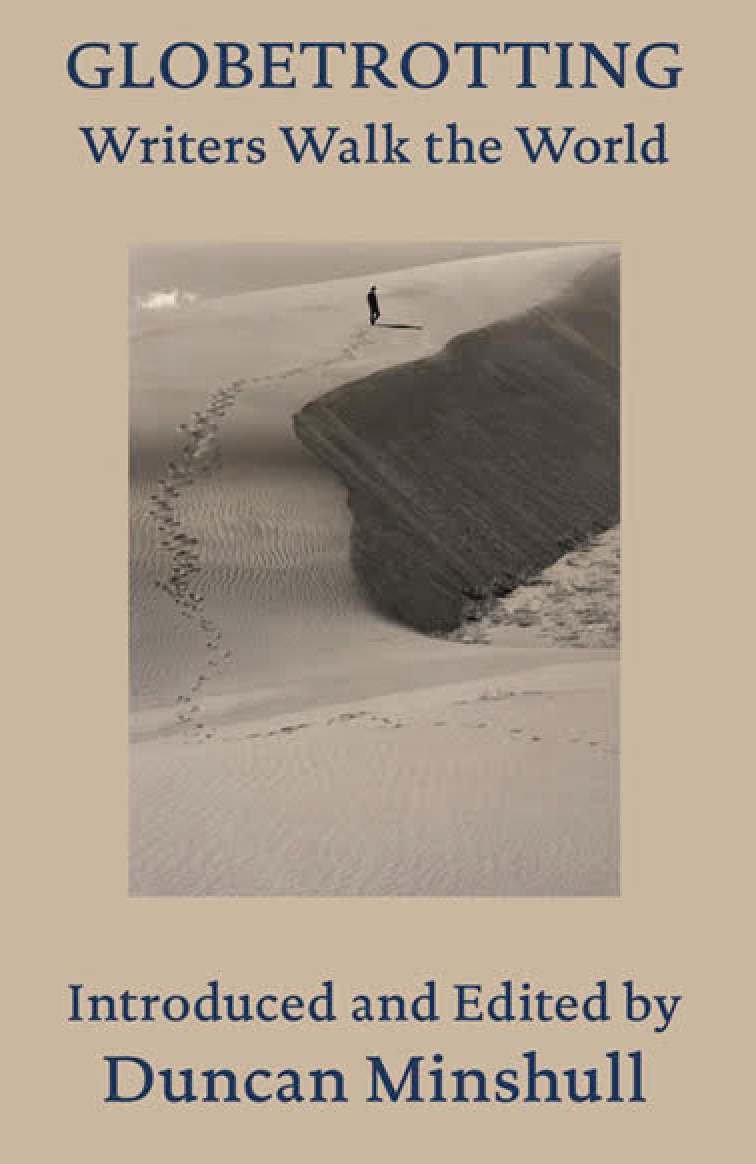
Duncan Minshull records the footfalls of over fifty walker-writers who have travelled somewhere across the world’s seven continents. They walk across all sorts of land and cityscapes, in all sorts of climes and times; alone, in a couple or a group. These are walks that suggest a host of reasons for leaving the sedentary life behind.
From the 1500s to current times, Minshull has collected here a memorable band of explorers and adventurers, scientists and missionaries, pleasure-seekers and literary drifters recalling their experiences. Some are well-known writers, some classic authors and some re-discovered gems.
With contributions from Herman Melville, Edith Wharton, Mark Twain, Anthony Trollope, Thomas Jefferson, Charles Darwin, Vernon Lee, Sarah H. Bradford, Rabindranath Tagore, D. H. Lawrence, Isabella Bird, Katharine Mansfield, Rachel Carson, Helen Garner, Jean Pierre Clébert, Colin Thubron, William Boyd, Julia Pardoe, Doris Pilkington Garimara, and many more. Globetrotting takes us across the streets of London, Rome, Melbourne, Cairo, Kyiv and Kabul; through the frozen wastes of Antarctica; along the pilgrim paths of Japan; into the jungles of Ghana; around the Great Wall of China.
- 176 pages, £15.99 hardback 190 x 120 mm., ISBN: 9781912559459, Publication 2 April 2024,

